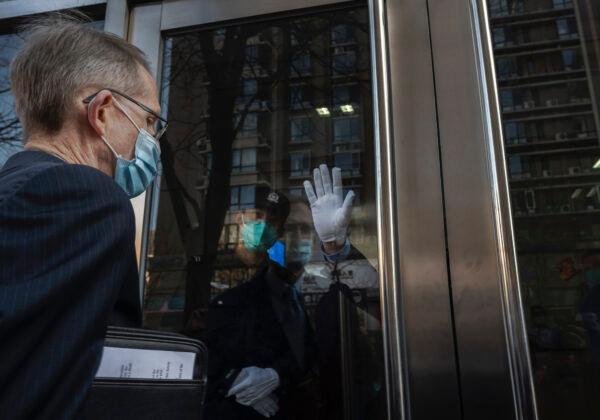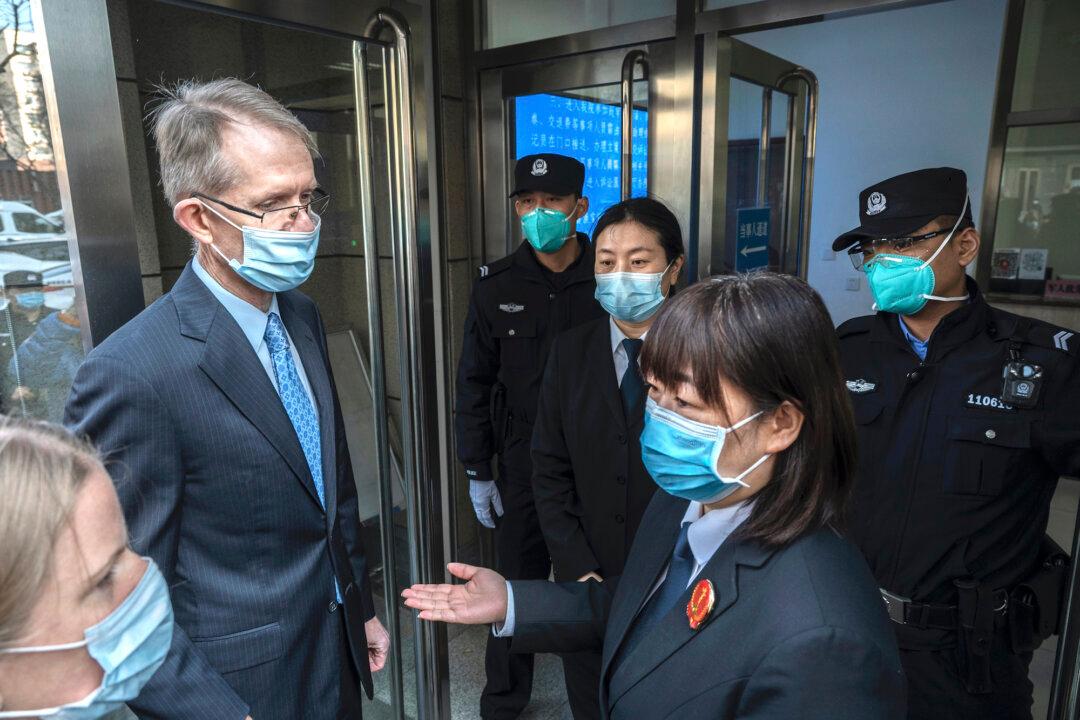Court officials in Beijing have denied Australia’s ambassador to China, Graham Fletcher, entry to the closed-door trial of Chinese-born Australian journalist Cheng Lei on March 31.
A court official at the No. 2 People’s Intermediate Court in Beijing reportedly told Fletcher that he couldn’t enter because the court case involved “state secrets.”
“We can have no confidence in the validity of a process which is conducted in secret. Nevertheless, we will continue to advocate strongly for Ms. Cheng Lei’s rights and interests.”

She was formally arrested six months later on Feb. 5, 2021, on suspicion of illegally supplying state secrets overseas.

After graduating from the University of Queensland, Cheng returned to China to become a business analyst for a Sino–Australian joint venture in 2001. She started her journalism career at China’s state broadcaster CCTV a year later, according to her CGTN profile page. The profile has since been removed from the website, along with videos featuring Cheng’s previous reports.
After working as a CNBC China correspondent for nine years, she started working at CGTN’s office in Beijing in 2012.
Australian officials have visited Cheng a number of times since her detention in accordance with bilateral consular agreements with China, but have previously decried the “lack of transparency” surrounding her case.
Cheng was the second Chinese Australian to be detained by Chinese authorities since 2019. Her detention came months after Australian Prime Minister Scott Morrison called for an inquiry into the origins of COVID-19.
After this, Beijing began to impose trade tariffs and restrictions on Australian exports in retaliation as a form of economic coercion to bend Canberra’s knee.





